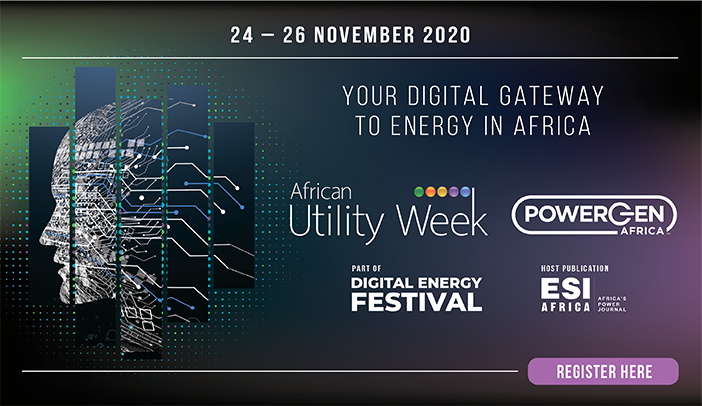Mentoring plays an important role for women in the energy sector who wish to advance their careers.
A mentorship though should be intentional and set with clear goals and timelines from the beginning, to have the greatest chance of success. This all-important rule about mentorship formed a big part of the discussion that makes up the third and final Women In Energy webinar of 2020.
The webinar – Women In Leadership: taking your career to the next level – was moderated by Haruperi Mumbengegwi of the AfDB’s African Legal Support Facility. She was particularly moved by a panelist’s advice to approach any potential mentor as a human being and to be mindful of their time and space.
Lebogang Chaka, acting managing director of Ntiyiso Consulting, South Africa said you have to be careful to choose a mentor with whom you share similar and vital energy, not just because you think that person is important: “Find out the person’s likes, schedule a meeting. Approach them in such a way that they don’t feel used. Have a keen interest in what they do – that will create the energy.”
Makole Mapita, executive director of Mahlako a Phahla Investments, said her own experience over the years proves there is benefit even in informal mentorship: “Every person you meet, you must think of as career development. That’s why it matters how you dress, how you answer questions, what impression you make. You must take advantage.”
Advancing women in energy means helping everyone
Just as a mentor should be chosen for how they can help the mentee, Makole pointed out you should be deliberate about choosing who you mentor. “We cannot leave the young boys behind. I don’t think it [mentorship]should be gender-based, it should be outcomes-based. It should have a start and an end.
“What do you want to achieve? Take the gender out of it. If we mentor young boys properly they become our next champions,” explain Makole.
Chaka explained how important it is that girls and young women see the options available to them. While she is not an engineer, her own daughters insist they want to become engineers like their mother because they see her go onto job sites wearing a hardhat and inspecting projects alongside male engineers.
Makole too spoke about the importance of representation: “The energy sector remains male-dominated largely due to the existence of barriers to education and funding opportunities for girls, and dated gender role perceptions. We need to invest in the education and professional development of young girls on the African continent as women are underrepresented across a multitude of industries.”
You can watch the third Women In Energy webinar on demand on SwapCard to find out more about the panelists thoughts on formalising mentorship, where sponsorship fits into the mix and how to set goals and deadlines
Author: Nicolette Pombo-van Zyl
This article was originally published on ESI Africa and is republished with permission with minor editorial changes.

















